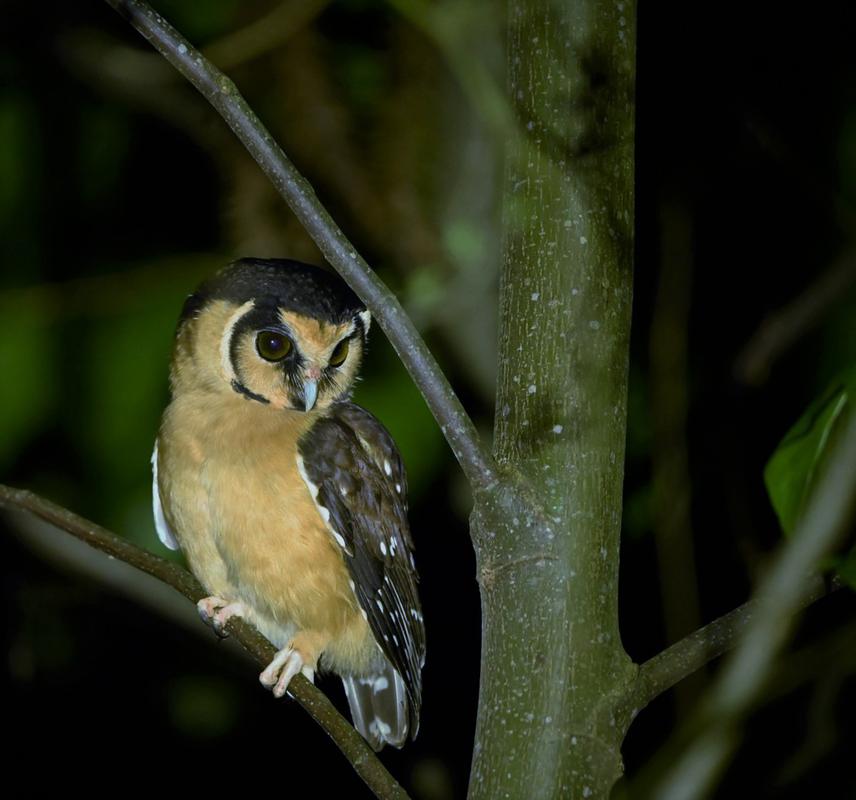Agostina Juncosa Polzella
The Atlantic Forest biodiversity hotspot has lost 86% of its original forest cover. These modifications are known to destabilize predators’ assemblages but there is no information on how these changes affect owls. Moreover, owls are important cultural symbols worldwide and are often considered creatures of bad omen, which might threaten some species. Using non-invasive autonomous recording units, interviews, and workshops we will assess changes in the richness and composition of the owl assemblage in an Atlantic Forest landscape.

Aegolius harrisii-Buff-fronted Owl. © Agostina Juncosa.
We will work in natural protected areas of the Atlantic Forest, as well as on small and medium farms and on pine plantations. We will work to identify key threats to owls and co-create strategies with rural people and timber companies to conserve one of the world's richest owl communities.